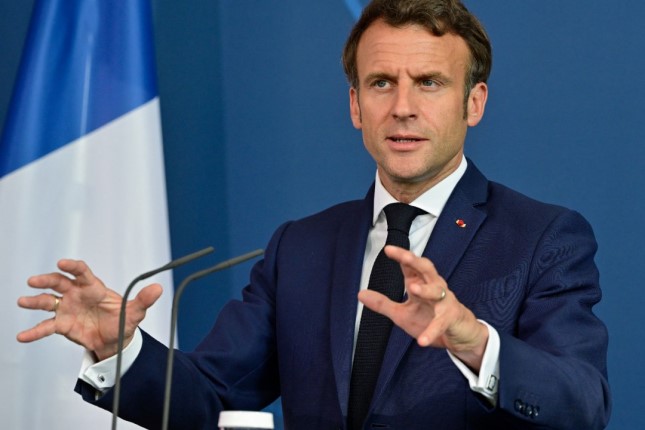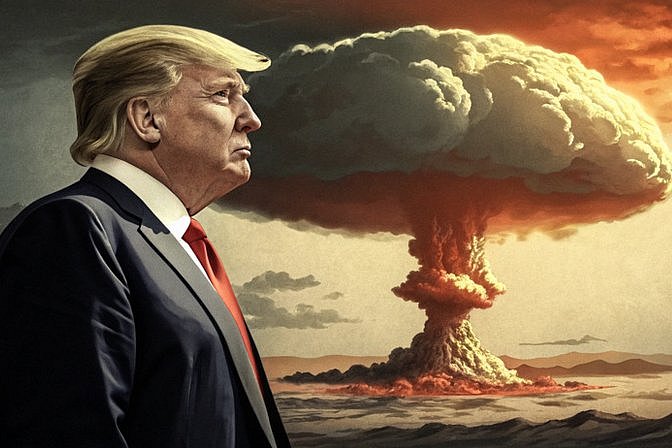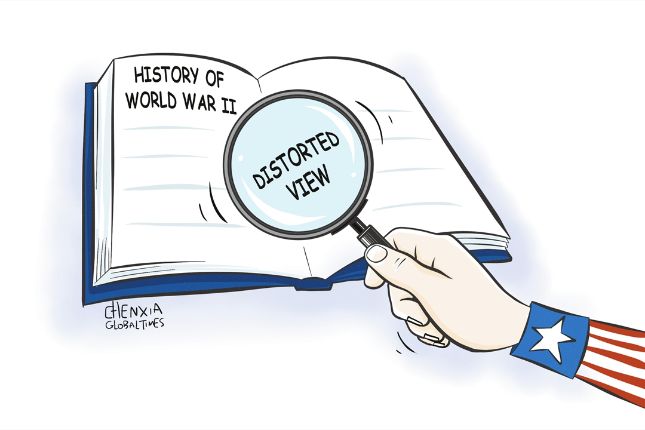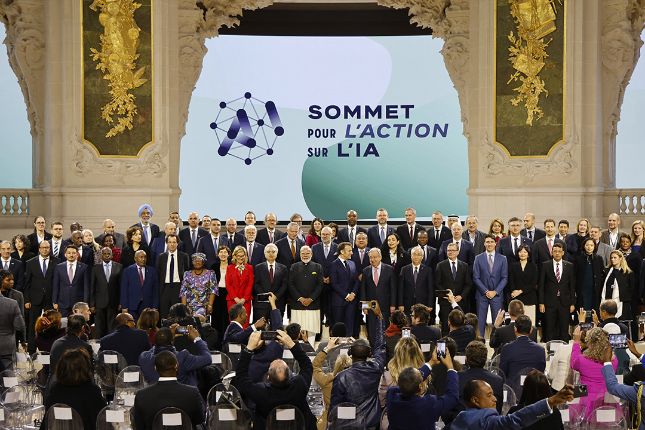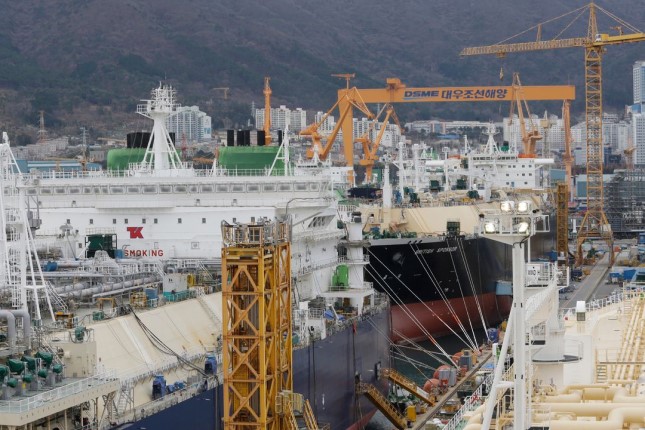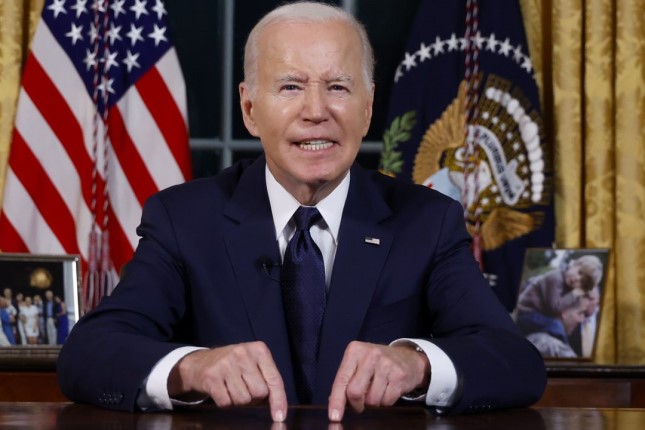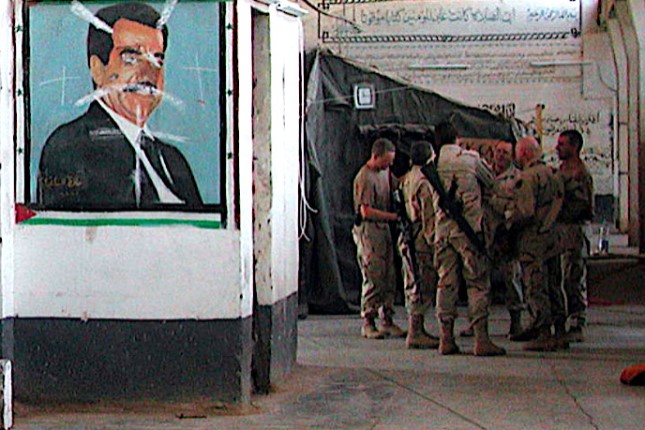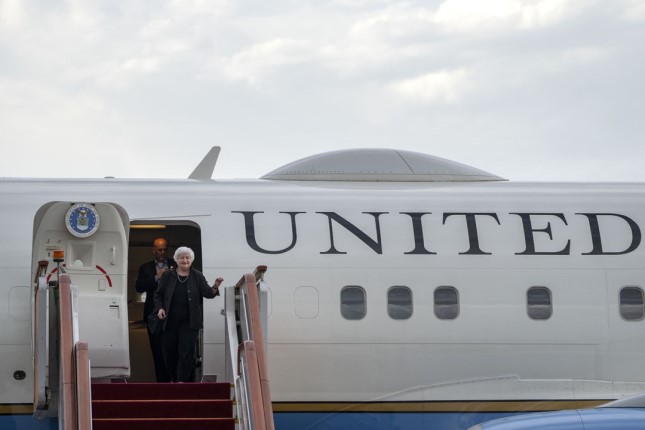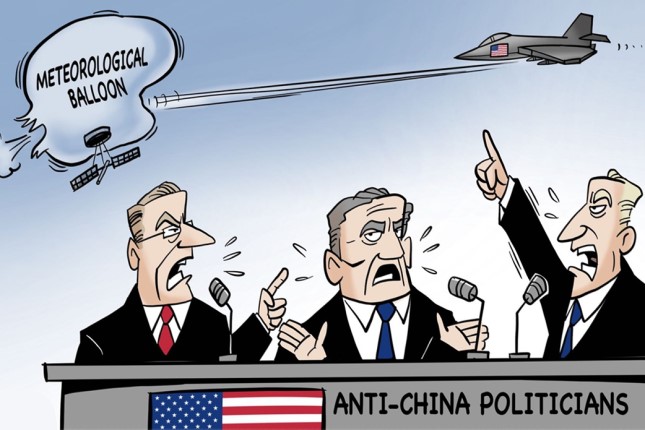For a long time, the relationship between France and Germany has been close, with regular government consultations and frequent communications between leaders. This is not Macron's first visit to Germany. However, the high-profile announcement of the visit by both countries sends a signal of their unity and independence, which is undoubtedly positive.
The relationship between France and Germany was the main theme of European integration after World War II, but in recent times, their relationship has been strained. The divergences have become increasingly apparent in many areas such as energy and defense, to the point where the two countries even postponed a German-French ministerial meeting last October, causing concern that their relationship might be heading for a breakdown. As the challenges both internally and externally have aggravated, the decision by both sides to "strengthen friendship" at this time shows that they have a deep awareness of the urgency and necessity of unity and cooperation.
Firstly, there are challenges at the domestic political level. Currently, Europe is showing a trend toward political populism and fragmentation, resulting in an increasingly diverse political spectrum in many countries. The stability and rationality of government policies both internally and externally are greatly affected. Germany's grand coalition government is not immune to situations where each party acts on its own, and has been criticized for failure to form a united front. In France, although Macron won re-election, he failed to gain an absolute majority in the National Assembly, and the far-left and far-right forces have gained significant momentum.
Diplomacy is the continuation of domestic politics, but at the same time, diplomacy is also a form of domestic politics to some extent. Whether it's for Macron or German Chancellor Olaf Scholz, good relations between France and Germany can not only make them gain diplomatic scores, but also are beneficial to stabilize their political positions at home. In other words, if both sides can break free from the logic of egoism and adjust their mindset to cooperate better, there is a chance for a win-win situation, which is also what the international community hopes to see.
Secondly, there are challenges at the European level. The divisions between Eastern and Western Europe have always existed and have been constantly expanding. The outbreak of the Ukraine crisis has sharply exacerbated this contradiction. Among the 27 EU member states, France, Germany, and Italy account for more than half of the total GDP, while the 11 countries in Central and Eastern Europe account for just over 10 percent. Faced with the challenges of the Ukraine crisis, most of Central and Eastern European countries are more inclined to rely on US-led NATO, rather than building their own defense capabilities, which also involves intentions of balancing the power of France and Germany. If this trend continues, Europe's divisions could even undo decades of integration. After Brexit, Europe once again stands at a crossroads of whether it can unite or divide, and the burden of history has again fallen on the shoulders of France and Germany.
Thirdly, it is a global challenge. The Ukraine crisis has profoundly changed the whole Europe, with Europe's strategic autonomy efforts bearing the brunt. Faced with increasingly fierce competition among major powers, Europe has always hoped not to "take sides," but rather to develop its relationships with other countries based on its own interests. Macron is an active advocate and promoter of European strategic autonomy, and has received support from Scholz. Although the two have some different understandings, their overall goals are the same. The Ukraine crisis has forced Europe to strengthen its ties with the US, which means Europe not only has to bear the cost of the crisis, but also to compromise on more issues with the US.
However, whether it is Macron's meeting with Biden or the joint visit of the French and German economy ministers to the US, it has not changed the fact that "The Inflation Reduction Act" undermines Europe. This lack of independence is of course contrary to the original intention of integration pushed by France and Germany, and it makes these two EU "leaders" feel deeply painful. Therefore, Scholz took the lead in visiting China at the end of last year, trying to continue pragmatic cooperation between China and Germany; Macron, together with European Commission President Ursula von der Leyen, visited China with the purpose of not only seeking a peaceful resolution to the Ukraine crisis, but also setting a new tone for China-Europe relations. All of these shows that France and Germany are striving to restart their efforts toward strategic autonomy.
Now, France and Germany have realized that only by bridging differences and restarting cooperation can they find a way out of the current impasse. History has proven that European integration has never been smooth sailing, but ups and downs are the norm. The more crises there are, the more likely they will push integration forward. The German side issued a statement saying that "the visit will honor the close friendship of the two countries in the 60th year of the Elysee Treaty on bilateral relations." This indicates that the restart of France-Germany relations is highly anticipated, and there is also an expectation for Europe to be reborn from the ashes. We are pleased to see the restart of the "close friendship" between France and Germany, and we also hope that Europe can walk steadily on the path of strategic autonomy.
Source: The Global Times.
